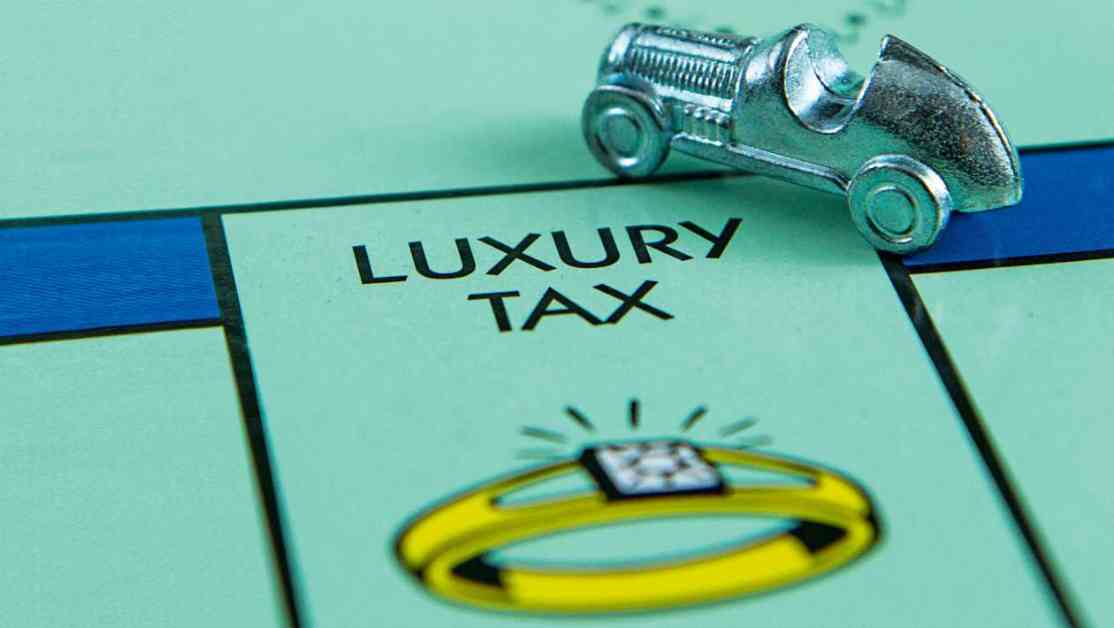The UK motor industry is pushing for the new Labour Government to exempt electric cars from the ‘luxury-car’ tax before it kicks in next year. This comes after the revelation that almost a third of new cars registered in 2023 were subject to the Vehicle Excise Duty (VED) surcharge, paid annually on top of the standard £190 VED rate during years two to five of ownership. The luxury-car tax increased from £390 in 2023 to £410 in 2024.
A Freedom of Information request to the DVLA revealed that around 31% of all cars first registered in 2023 will be liable for the additional VED supplement this year. This highlights the widespread impact of the surcharge and the higher prices of new cars. The government is expected to collect an additional £250 million in luxury-car tax charges from last year’s new-car sales. Over the next four years, the government stands to gain approximately £1 billion from the 2023 additions to the vehicle parc alone.
Looking at the UK’s vehicle fleet as a whole, nearly 1.9 million vehicles currently qualify for the additional VED, potentially generating up to £769 million in luxury-car tax revenue this year. The Society of Motor Manufacturers and Traders (SMMT) estimates that in 2025, when the exemption for electric and other zero-emission vehicles expires, 70% of EVs sold will be liable for the tax, contributing even more revenue to the government.
The SMMT is advocating for electric cars to be classified as ‘essential’ to avoid the surcharge, arguing that the current tax system discourages drivers from making the switch to green vehicles. The organization also suggests cutting VAT on EVs to 10% for three years to make electric cars more affordable and increase their adoption.
In addition to addressing the luxury-car tax, the SMMT is calling for a reduction in VAT on public charging to 5%, similar to domestic electricity rates. These changes aim to support zero-emission vehicle uptake and encourage consumers to make environmentally friendly choices. However, any decisions on these proposals are likely to be announced in the next Budget by Chancellor Rachel Reeves this autumn.
While the industry awaits potential tax changes, consumers can still find attractive options below the £40,000 mark to avoid the luxury car tax. Cars like the Tesla Model 3, Volvo XC40, Volkswagen Passat, and Toyota RAV4 offer excellent features and performance without incurring the additional tax. On the other hand, vehicles like the Alfa Romeo Giulia, Renault Scenic, Kia Sportage PHEV, and Vauxhall Astra GSe may surpass the £40,000 threshold, leading to luxury-car tax charges.
As discussions around electric car taxation continue, the future of EV adoption and the impact on consumer choices remain uncertain. The decision to exempt electric cars from the luxury car tax could significantly influence the market and accelerate the transition to zero-emission vehicles. Share your thoughts on whether electric cars should be exempt from the luxury car tax in the comments section.









